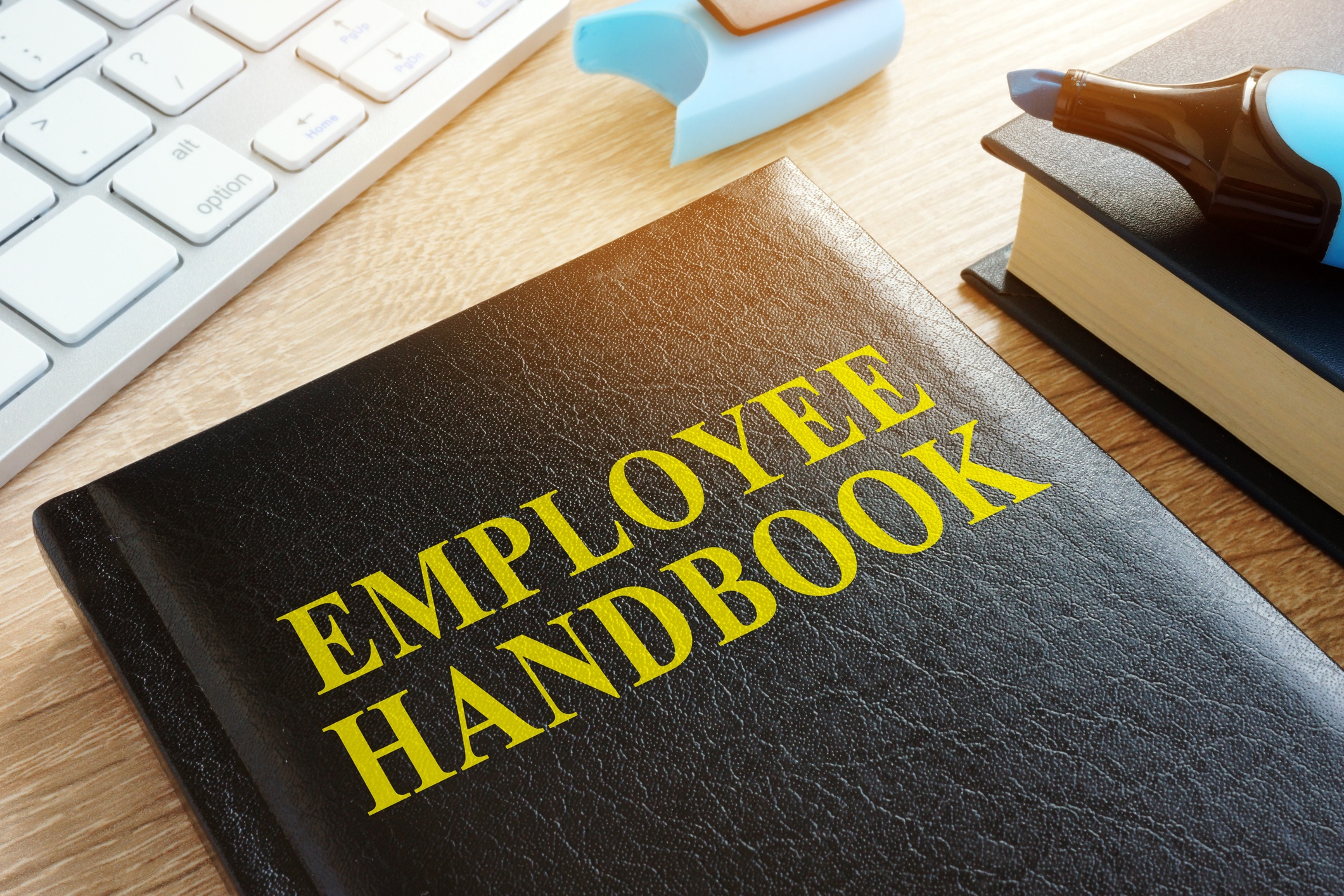Sometime in the not so distant future, the government shutdown associated with the COVID-19 pandemic will be over and businesses will start to re-open. In anticipation of this re-opening, businesses...
The impacts of COVID-19 continue to change our lives on a daily basis. The response by the Federal and State governments has immeasurably changed the way we live and conduct business. Employers and...
With increasing business competition, employers in New Jersey often try and have key executives and salespeople sign restrictive covenants containing non-compete and non-solicitation provisions....
Effective January 25, 2020, private employers in New Jersey will be prohibited from requiring applicants to provide wage and salary history in connection with an offer of employment. Specifically,...
In 2018, New Jersey saw several significant developments in the area of employment law. Litigation involving the validity of arbitration clauses and non-disclosure agreements with respect to...
The evening news reports that this year's flu strain will be particularly bad. They predict, however, that the current flu vaccination will be very effective in fighting this strain of flu. The...
On July 1, 2018, New Jersey's Equal Pay Act (hereinafter "NJ EPA") will become effective. Unlike its federal counterpart, the NJ EPA mandates equal pay for all members of "protected classes" under...
You have been the victim of sexual harassment or discrimination in the workplace. You notify your employer’s human resource manager, who initiates an appropriate investigation into your claim. Your...
Irrespective of the size of your business, companies should have an employee handbook or manual. Employee handbooks can provide certainty and structure to your operations as well as place your...










